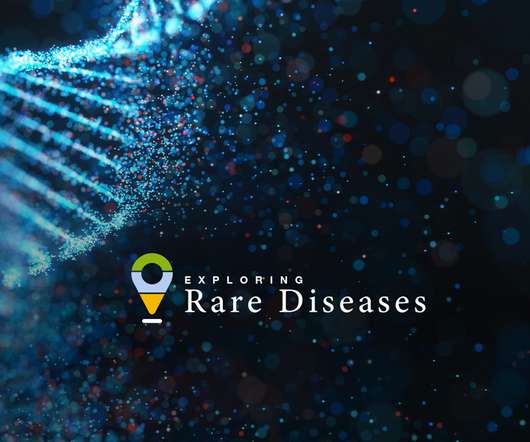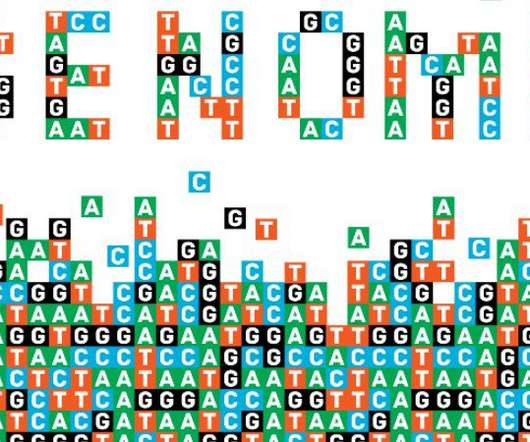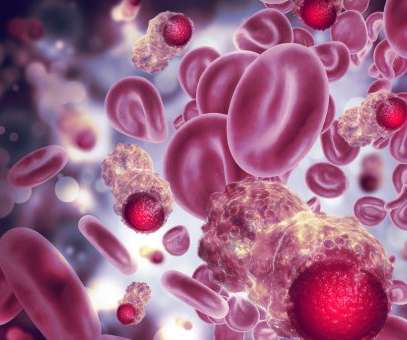Predictive diagnostics: closing the precision medicine gap
Drug Discovery World
OCTOBER 6, 2022
Jarret Glasscock , PhD, CEO of Cofactor Genomics explains how diagnostics are emerging as the key to ensuring the right patients get matched to the right therapy, at the right time. . Precision medicine promises a paradigm shift to confidently match the right patients to the right treatment at the right time.


















Let's personalize your content